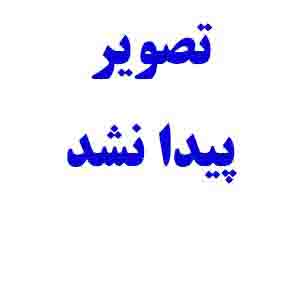
Punctuation is the system of symbols (. , ! - : etc) that we use to separate sentences and parts of sentences, and to make their meaning clear. Each symbol is called a "punctuation mark".Summary of Punctuation Marks
An English teacher wrote these words on the board:
woman without her man is nothing
The teacher then asked the students to punctuate the words correctly. The men wrote the top line. The women wrote the bottom line.
Punctuation Blues - a fun song about punctuation
Click on the link for each punctuation mark to find out more.
Punctuation Mark Name Example full stop or period I like English. comma I speak English, French and Thai. semi-colon I don't often go swimming; I prefer to play tennis. colon You have two choices: finish the work today or lose the contract. hyphen This is a rather out-of-date book. dash In each town—London, Paris and Rome—we stayed in youth hostels. question mark Where is Shangri-La? exclamation mark
exclamation point (AmE)"Help!" she cried. "I'm drowning!" slash, forward slash or oblique Please press your browser's Refresh/Reload button. backslash C:\Users\Files\jse.doc double quotation marks
"I love you," she said.single quotation marks 'I love you,' she said. apostrophe This is John's car. underline Have you read War and Peace? underscore bin_lad@cia.gov round brackets I went to Bangkok (my favourite city) and stayed there for two weeks. square brackets The newspaper reported that the hostages [most of them French] had been released. ellipsis mark
One happy customer wrote: "This is the best program...that I have ever seen."
Although there are general rules for English punctuation, there are differences of style between, for example, British and American English, some publishers and some writers. Anyone seeking guidance at an advanced level is recommended to consult a style guide (often included in good dictionaries) for their particular variety of English or editorial style.













 پاسخ با نقل قول
پاسخ با نقل قول
